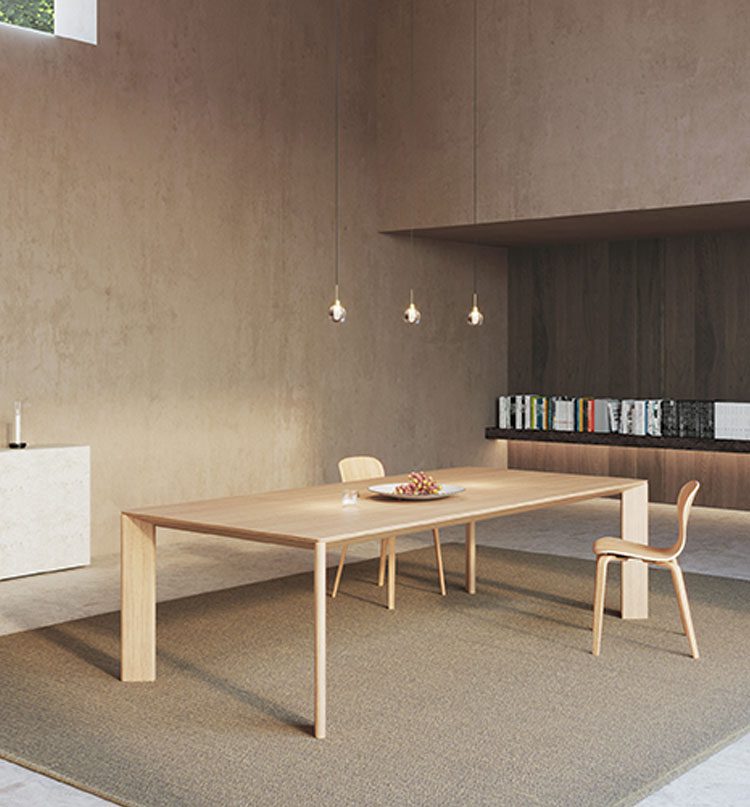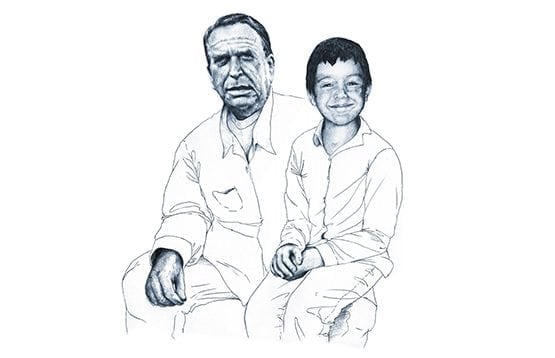
About Viccarbe
Although Viccarbe’s roots cannot be traced back to a specific date, they are firmly planted in a deep passion for design. This project is the fruit of a shared dream, and it is a story based on friendship, humility, learning and admiration for the furniture industry.
Víctor Carrasco Berlanga, founder of Viccarbe, learned to design and create as a result of a pragmatic attitude passed to him by his grandfather in childhood, and this attitude proved to be a big help with his dyslexia.
“This project is the fruit of a shared dream, and it is a story based on friendship, humility, learning and admiration for the furniture industry.”
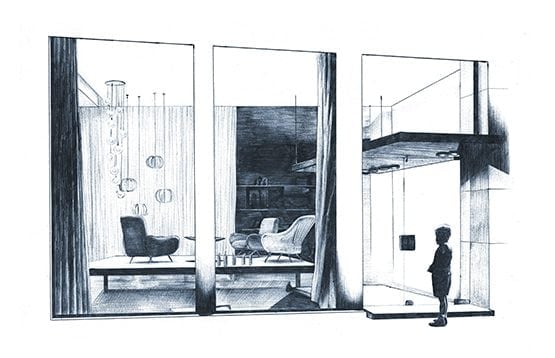
Víctor’s fascination for objects led to him discovering, one day, a deep interest in the contemporary pieces that had recently arrived in his city, Valencia.
In his youth, he had the chance to discover design from the inside, by learning in classic furniture factories. These factories were very close to where Viccarbe is situated today.
Víctor studied engineering in industrial design and earned the impressive cum laude distinction for the final project of his degree, despite not having been an outstanding student.
The name of the company was another happy accident: the university itself christened it by abbreviating his name and surnames for the project’s title.
From that moment, he began to build the foundations of the company we know today: his personal dream of creating comfortable, affordable, timeless and iconic Mediterranean products, that were durable enough for industry but attractive enough for the home.
A collection of contemporary classics that stand the test of time, just like his grandfather’s teachings.
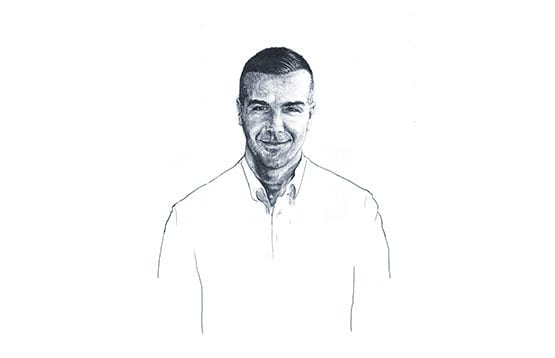
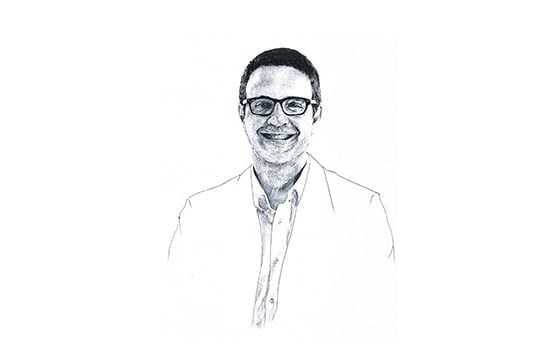
At that point, Daniel Benedito joined the project. He had been Víctor’s friend since the age of six and is currently the company’s CEO, creating the perfect balance with Víctor’s creativity.
Following a very modest investment, they entered Viccarbe for specialist entrepreneurship awards with a view to increasing their capital and making that dream more viable.
Over the course of these first steps, they would even produce designs by their university classmates, and what these modest projects lacked in resources, they made up for in enthusiasm.
Their perseverance and commitment led to their working with big names in the design world: those who understood and valued the Viccarbe project’s future despite its small size at that time.
Likewise, the Mediterranean lifestyle and creative perspective developed great appeal that, over time, allowed unique and lasting friendships to grow.
The first piece to achieve success on an international level came from partnership with Patricia Urquiola, whose studio, like Viccarbe, was starting out in the industry at that time.
Urquiola became a key figure and a turning point in the company’s trajectory came with the release of the Last Minute stool, which is now a true best-seller and a contemporary icon.
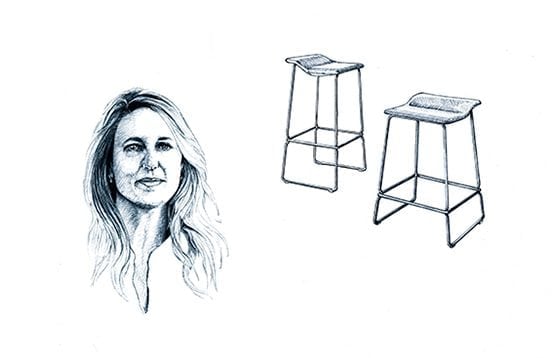
“The Mediterranean lifestyle and creative perspective developed great appeal that, over time, allowed unique and lasting friendships to grow.”
Greater recognition came with the Príncipe Felipe Award: in 2007, Viccarbe was honoured for its business excellence in the form of significant international growth and innovation.
Following that moment, new collaborations arose with major designers such as Piero Lissoni, Jean Marie Massaud, John Pawson, Vincent Van Duysen, Naoto Fukasawa and Jaime Hayon.
Many of them were also young designers at that time and they have continued to grow and develop alongside Viccarbe.
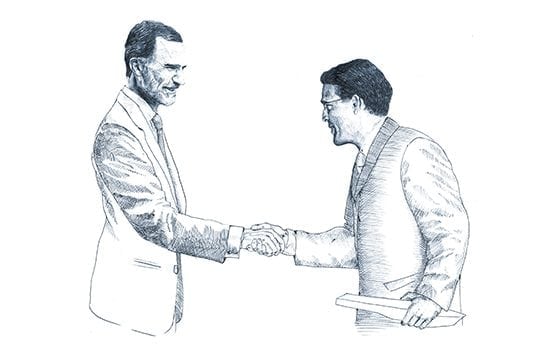
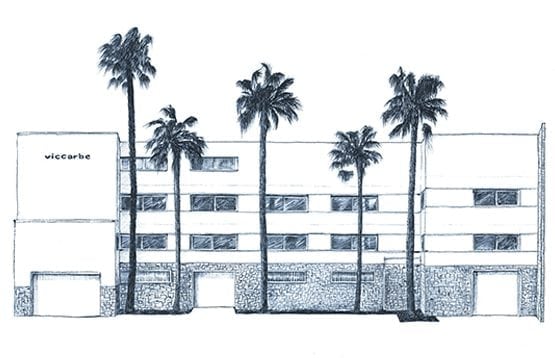
This is, in short, a story based on people and their passion: passion for learning, creating unpretentious products with a human touch, the influence of the sun on our creativity, constant innovation, engineering and maximum quality as a business culture.
Passion for added value, attention to detail, design as a way to set oneself apart and leave one’s comfort zone and, above all, creating a dream team of professionals who have made it possible for Viccarbe to reinvent itself every day without ever losing sight of its essence.
“Because we believe that the only constant is change and because there is still so much to be done. This is, and will continue to be, a living history.”

